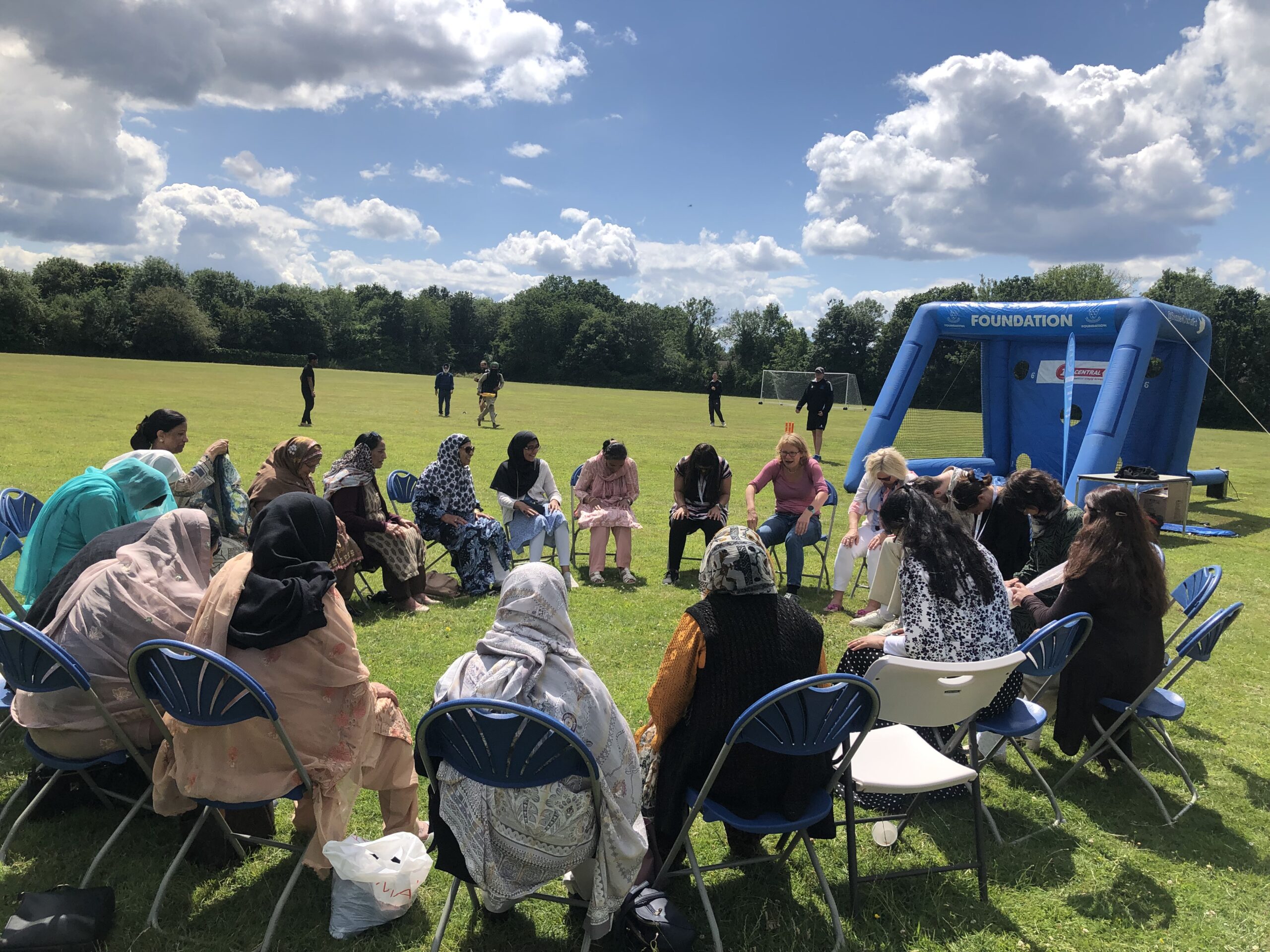Case study
Health equity dashboards
We used data to find people who are not accessing their health services. We then met with those people to understand why, working together to co-create services that are better suited and more accessible to them.
How we find under-served communities
By creating a dashboard that plotted the proportion of referrals we receive into the MSK service, against the population data that we get from the 2021 census, we were able to identify groups and areas under-served by our service.
For example, we found a disparity between the number of referrals we receive from the Asian community in Crawley compared to what we expect. This pin-pointed a specific community and place that may not find our service as accessible as it should be – but it didn’t tell us why.
To find out we met members of the Crawley Sikh community and discovered useful information about how they access healthcare. Many tended to approach family or community leaders rather than health professionals. And many in that community didn’t use smartphones or the internet, which meant an online self-referral process wasn’t accessible to them.


What we’re learning
As a result, we trialled a self-referral phone line, but found this would take a significant amount of publicity to get off the ground as the community preferred to connect face-to-face rather than phone or use digital tools. We are now developing outreach services where First Contact Practitioners take the services into the community.
Developing services that are equitable-by-design
Finding who isn’t accessing services and following up directly with the community in this way helps us to create services that are equitable-by-design. We learn from each and every interaction with our community different ways to improve our approach to access. This means when designing new services and processes we can avoid excluding certain groups and communities from the get-go.

(Here) do this by actively listening to communities, with events such as The Big Conversation, centring healthcare in the community. Attendees told us they felt seen and heard by the MSK team, also receiving effective pain management advice and treatment from a physio practitioner on site. This, along with their approach to Community Appointment days, proves their commitment to innovation and finding what really works for patients, carers, and communities.
Katie Rabone
CEO at Community People

How else we can help
Health services delivery: We design and deliver CQC ‘Outstanding’ services and pathways.
Tools and training for health professionals: We provide award-winning analysis, automation tools, and time-saving training.
Healthcare innovation: We develop bold solutions to transform long-term conditions services and pathways.